International Migration of Labour: Nature, Trends, Determinants and Consequences
The re-issue of Richard Turner’s Eye of the Needle comes at a critical time in South African history, along side the revival of Black Consciousness and a reconsideration of what Tony Morphet famously called the ‘Durban Moment’. Turner was a central figure in the white South African student movement, and a key figure in the radicalization of its critical project. Inspired by events in Paris ’68, he returned to South Africa after acquiring his doctorate at the Sorbonne, and became increasingly influenced by Steve Biko and the Black Consciousness movement. He was a relentless advocate of education among the then non-unionized Black labour force, and a founder of the Institute of Industrial Education.
The Eye of the Needle was Turner’s most incendiary text: a utopian statement advocating the creation of a socialist society through the cultivation of a ‘radical theoretical attitude’, couched in the metaphors of Christian ideology. The book was a political scandal and Turner was banned as a result, confined to his home before being assassinated by state security forces in 1978, a few months after Biko’s death.
Against the backdrop of new labour disputes and the appearance of new unions, and with the emergent calls for a re-radicalization of South African politics, The Eye of the Needle is newly relevant. Accompanied by Tony Morphet’s exceptionally insightful contextualizing essays, the book provides readers with an excellent entry point for both historical reflection on the 1970s and a critical engagement with the question of how to bring about social justice today.
Get it now and save 10%
BECOME A MEMBER

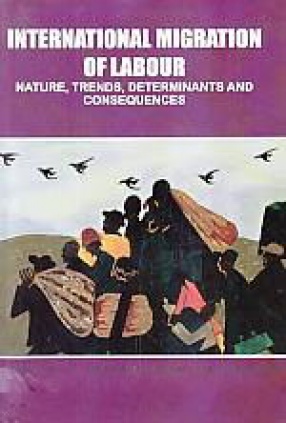
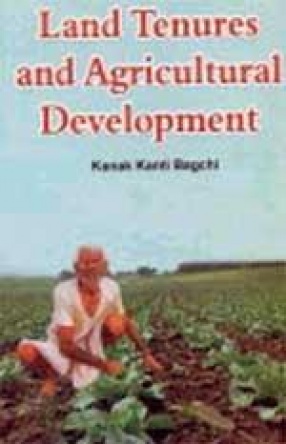
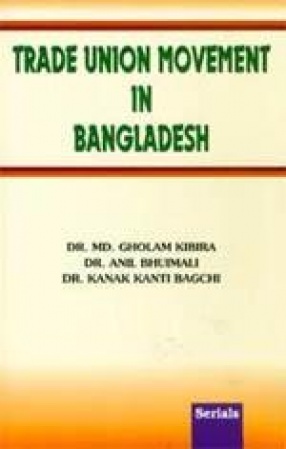
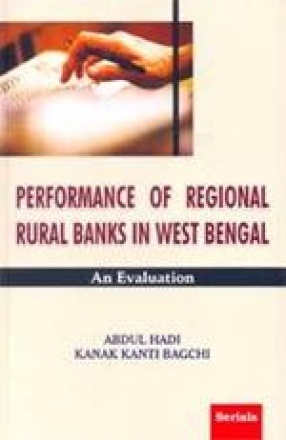
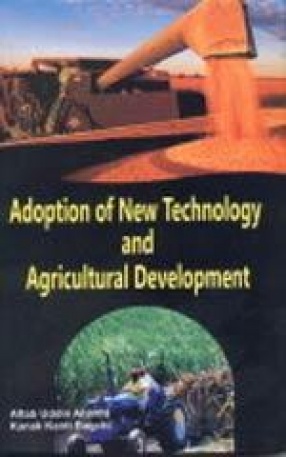

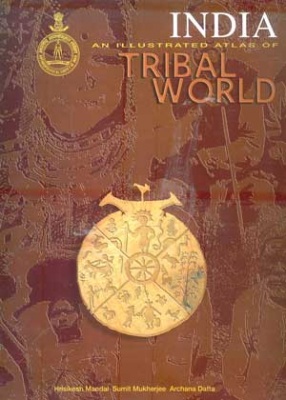
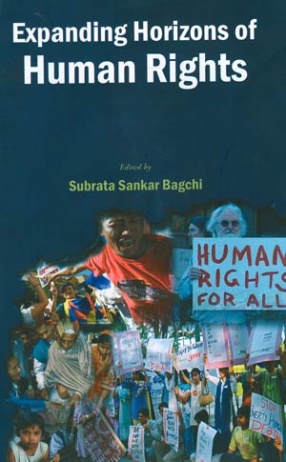
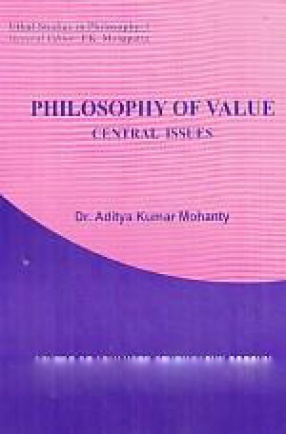

Bibliographic information